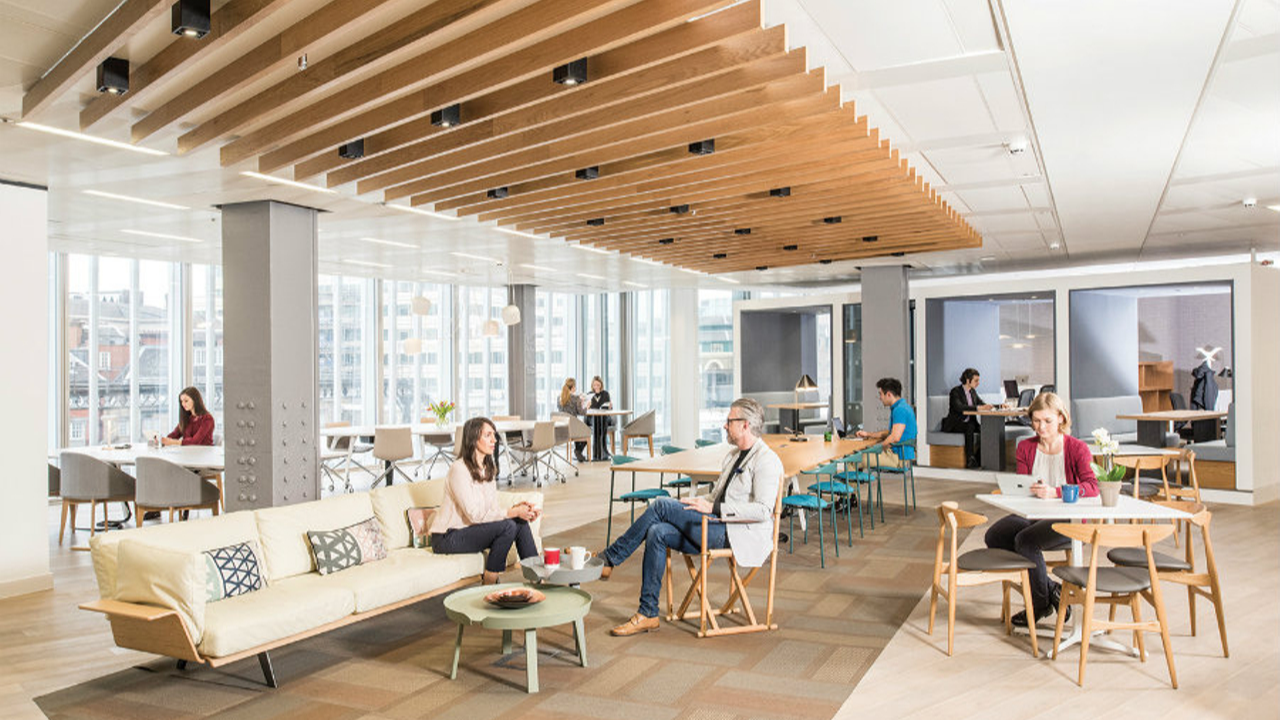Unily’s report ‘Future of the Workplace 2030+’ reveals the transformation of work culture over the next decade will be mostly due to technology and the upcoming new generation of workers.
For example, artificial intelligence will allow companies to take the extra step in implementing lifelong learning and mentoring of its workers.
Moreover, workers will increasingly look for their jobs to reflect their own values, ideologies, and morals. A company that shows a clear stance on issues such as the environment, the gender pay gap, and flexibility will likely attract young, top talent.
Workers will also be assessed and paid on their ability to create new ideas, rather than sitting at a desk in the future. This means that hierarchies will not be determined by seniority, but by how employees can adapt and learn.
Organizations will also likely continue putting a greater emphasis in the physical and mental health of workers as it leads to a more success and productivity.
Remote work will also become more popular and allow employees to work from anywhere. Such workers will be able to interact through virtual reality and other technological advancements.
“Where advancements in technology will increasingly start to take over the managing of daily admin tasks, workers’ time will be freed to focus on new ideas and innovation,” said Will Saville, co-founder of Unily.















